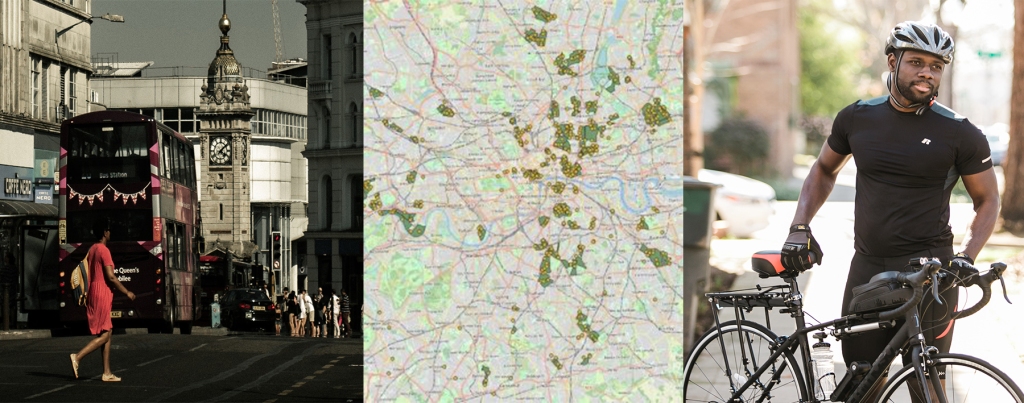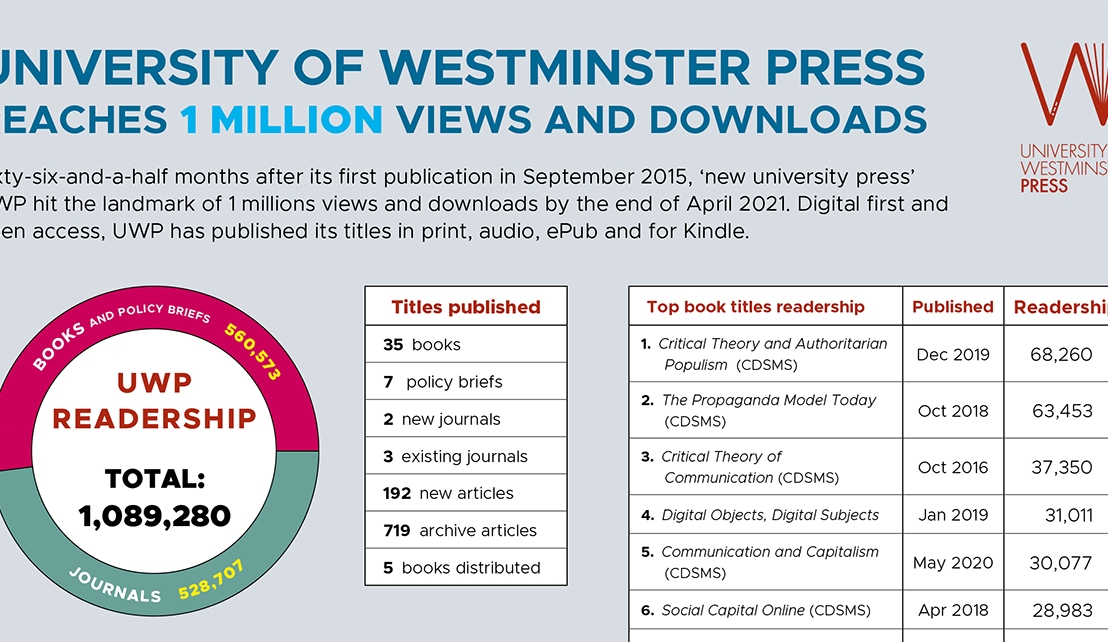
Trans experience in urban Brighton, new data from Low Traffic Neighbourhoods and the joys and struggles of Black male cyclists in London are just some of the latest active travel reports from the University of Westminster’s Active Travel Academy. For links to the podcasts, datasets and more, see below… You can read the ATS Journal here
Listen to Matt C. Smith discuss their research into trans and non-binary experiences in Brighton and Hove
ATA’s Rachel Aldred sat down with University of Brighton PhD researcher Matt C. Smith to discuss their investigation into trans and non-binary experiences in the urban spaces of Brighton and Hove. They have two specific research areas – analysing how trans features within planning policy in the city of Brighton and Hove and the experiences of trans and non-binary residents using creative mapping sessions.
Listen to the podcast or download the transcript here.
Rachel came across Matt’s work while listening to them present at the RGS-IBG research conference.
Matt’s first academic paper based on this research is now available!
Latest data on London’s Low Traffic neighbourhoods
Since the introduction of emergency Low Traffic Neighbourhoods (LTNs) from March 2020, the Active Travel Academy (ATA) has been gathering data on LTNs in London. ATA is now making the latest version of the dataset available – it runs to November 2022 and includes both modal filters and LTN area maps. Read the blog to find out more and download the datasets.
New podcast episode on the joys and struggles of Black men cycling in London
Akwesi Osei, Transport Planner at Possible, discusses his recently published research into barriers to Black men cycling in London with Dulce Pedroso, long-distance cyclist and PhD researcher at the University of Westminster’s Active Travel Academy.
Link to the podcast and show notes/links here.
Read Akwesi’s journal article co-authored with Active Travel Academy’s Rachel Aldred here.




